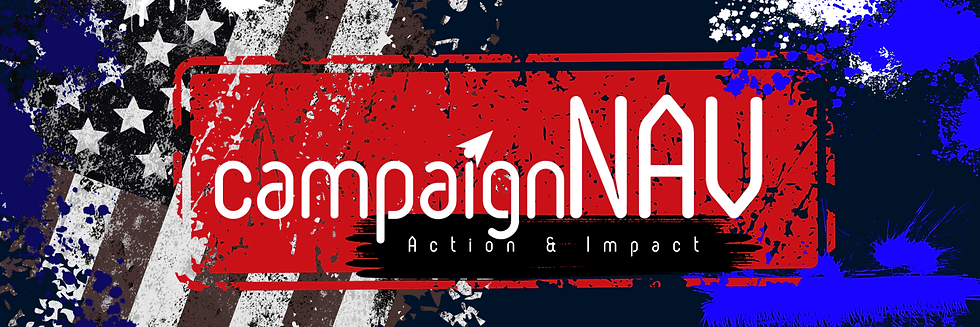
In the dynamic world of political campaigns, social media platforms like Facebook have emerged as formidable tools for communication, outreach, and engagement. However, it's not uncommon to hear candidates express frustration about the perceived shortcomings of Facebook in their campaigns. In this blog post, we'll delve into the reasons behind candidates' complaints and explore the challenges they face when navigating the complexities of this influential social media giant.
1. Algorithmic Challenges:
Facebook employs complex algorithms that determine what content appears on users' feeds. For political candidates, navigating these algorithms can be a daunting task. Complaints often revolve around decreased organic reach, where candidates feel that their messages are not reaching a significant portion of their intended audience. Frequent algorithm updates can further complicate efforts to maintain visibility.
2. Paid Reach vs. Authentic Engagement:
While paid advertising on Facebook can significantly amplify a campaign's reach, some candidates complain that it doesn't necessarily translate into authentic engagement. A reliance on paid strategies may result in messages being seen but not genuinely connecting with voters. Striking the right balance between paid reach and fostering organic engagement remains a challenge for many campaigns.
3. Echo Chamber Effect:
Facebook's algorithm is designed to show users content that aligns with their preferences and interests. While this can enhance user experience, it also creates the risk of candidates' messages reaching primarily like-minded audiences. The echo chamber effect can limit a campaign's ability to connect with diverse voter groups and address a broader range of concerns.
4. Misinformation and Negative Campaigning:
Facebook has faced criticism for its role in the spread of misinformation and negative campaigning. Candidates may find themselves grappling with the challenge of combating false narratives or dealing with the impact of negative content circulating on the platform. The viral nature of information on Facebook amplifies the potential consequences of misinformation for political campaigns.
5. Adapting to Rapid Changes:
Facebook is known for making frequent updates and changes to its platform, including modifications to its advertising policies. Candidates often struggle to keep up with these rapid changes, impacting their ability to maintain a consistent and effective social media strategy. Staying adaptable and agile in the face of evolving platform dynamics can pose a significant challenge for campaigns.
6. Privacy Concerns and Regulation:
Facebook's handling of user data and privacy concerns have sparked debates and, in some cases, led to increased scrutiny and regulation. Candidates may find themselves navigating an environment where users are more cautious about engaging with political content due to privacy apprehensions. Striking a balance between effective targeting and respecting user privacy is a delicate task.
7. Managing Online Discourse:
Social media platforms, including Facebook, are often arenas for heated debates, discussions, and sometimes, online hostility. Candidates may struggle to manage and moderate these online conversations, addressing concerns about the potential impact on their campaign's reputation and the ability to foster constructive dialogue.
8. Lack of Engagement Strategy:
One critical aspect often overlooked by candidates is the absence of a robust engagement strategy. Merely posting content is not enough; active engagement with the audience is essential. Candidates should respond to comments, ask questions, conduct polls, and actively participate in discussions. The lack of an engagement strategy can result in a one-sided conversation, diminishing the effectiveness of a social media campaign.
While Facebook remains a powerful tool for political campaigns, candidates' complaints highlight the multifaceted challenges they face in navigating this dynamic platform. From algorithmic complexities to the balance between paid and organic reach, candidates must develop nuanced strategies to harness the potential of Facebook effectively. By understanding the intricacies of the platform and staying adaptable to its evolving nature, political campaigns can overcome these challenges and leverage Facebook as a potent force in shaping public discourse and connecting with voters. Integrating a thoughtful engagement strategy is crucial to ensure that the conversation is not just broadcasted but also reciprocated, fostering genuine connections with the electorate.

.png)


.png)

.png)
.png)
.png)